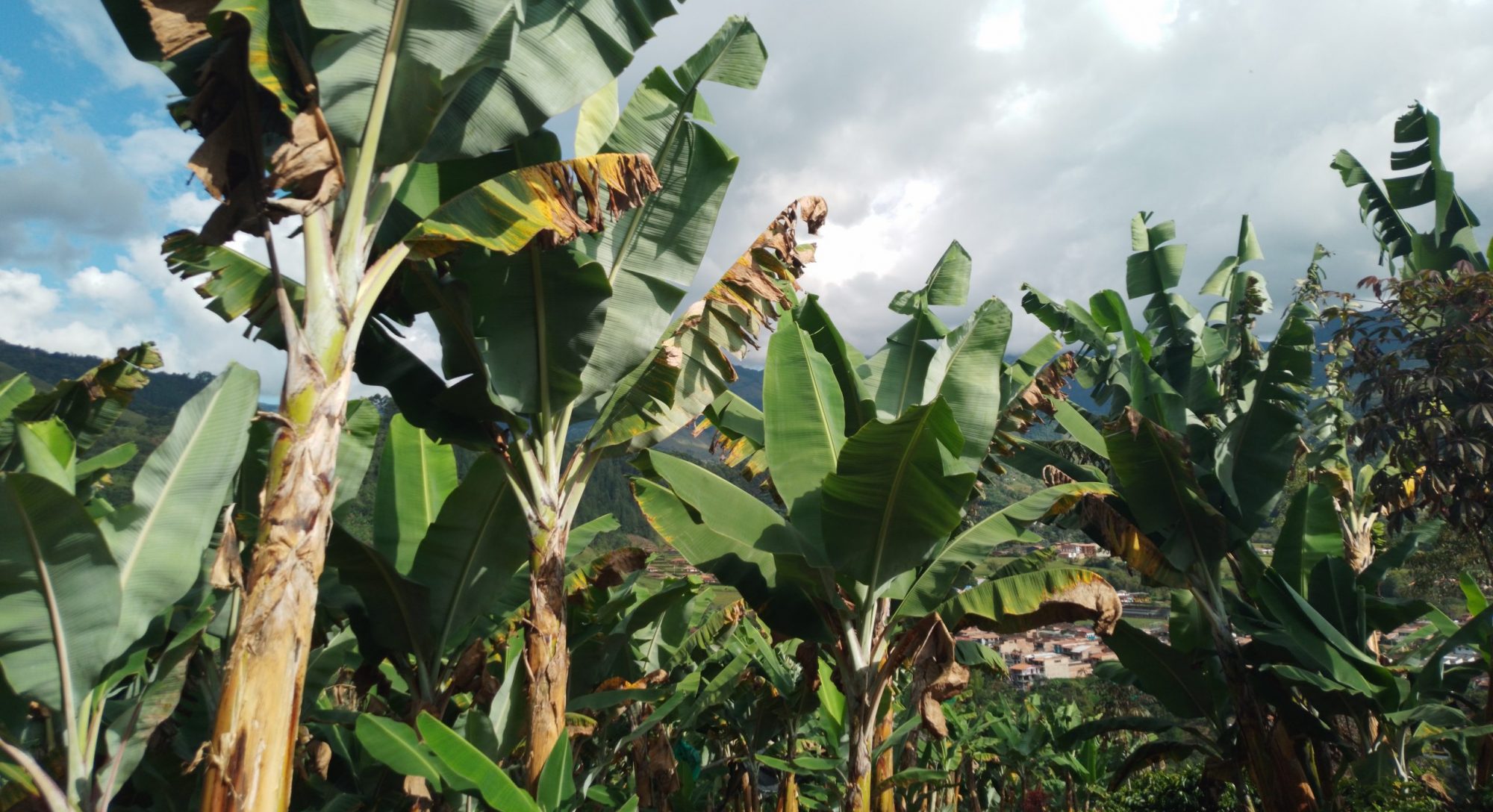Learning from Small Cities: New urban frontiers in the global south
Ayona Datta (University of Leeds)
Abdul Shaban (Tata Institute of Social Sciences)
For the last decade or so urban studies has been preoccupied in decentring its western bias and advocating a postcolonial lens in studying cities of the global south. Mega-cities such as Mumbai, Shanghai and Johannesburg are now ‘champions of urbanity’ (Banerjee-Guha 2013) in global urban studies. Yet, around half of the ‘urban’ population in Africa, Asia and Latin America lives in small and medium cities with populations of less than 500,000 (Satthertwaite 2006). Seen as provincial, parochial, even communal and on the peripheries of urban studies, small and medium towns nevertheless are the new frontiers of urbanization of postcolonial states. They service urban consumers, act as national trade centres, support global manufacturing processes or serve as regional administrative nodes. In recent years, the focus of postcolonial states on cities as engines of neoliberal development and economic growth (Kennedy and Zerah 2008), has also spurred rapid transformation of small and medium towns into new urban utopias of eco-city, smart-city, satellite city and a number of other corporate sponsored city-making initiatives. They therefore face a “triple challenge” (Veron 2010, 2833) of the impacts of increased urbanization, development and under-development. While they are characterised by the absence of local democratic institutions, poor urban infrastructure and continued ‘elite capture’ (Kundu 2011) of land for development projects, a broad range of grassroots struggles in these places are also working to redefine rights and justice through active citizenships. The indifference in urban scholarship however to the ‘smallness’ of cities have institutionalised existing inequalities between mega- and small cities, between urban regions and their urbanizing hinterlands, and between the centre and peripheries of urban studies itself.
In this session, we view small cities not as homogeneous, structurally and demographically defined entities, but rather as places with their specific social, cultural, political, historical contexts of ‘smallness’ that are produced through their particular relationships with neoliberalisation, globalization, urbanization and the postcolonial state. We invite papers that address but are not limited to the following questions:
- What we can learn from small cities and how can this ‘learning’ decentre the practices of ‘doing’ urban studies?
- What are the new frontiers of knowledge and action that are produced when we learn from small cities?
- What are the politics of being and becoming ‘small’, and what does it mean to challenge the injustices of ‘smallness’ in these cities?
- How do aspirations for ‘bigness’ in small cities produce new urban inequalities?
- How are urbanization of mega-city regions and transformations in the political, cultural, social and economic life of small cities co-produced?
References
Banerjee-Guha, Swapna 2013. ‘Small Cities and Towns in Contemporary Urban Theory, Policy and Praxis’, in R.N. Sharma and R.S. Sandhu (eds), Small Cities and Towns in Global Era: Emerging Changes and Perspectives, 17-35. Jaipur: Rawat Publications.
Kennedy and Zerah, H. 2008. The Shift to City-Centric Growth Strategies: Perspectives from Hyderabad and Mumbai, Economic and Political Weekly, September 27, 110-117.
Kundu, A. 2011. Politics and Economics of Urban Growth, Economic and Political Weekly, May 14, 10-12.
Satthertwaite, D. 2006. Outside the Large Cities; The demographic importance of small urban centres and large villages in Africa, Asia and Latin America. Human Settlements Working Paper Series Urban Change No. 3. IIED, London
Veron, R. 2010. Small Cities, Neoliberal Governance and Sustainable Development in the Global South: A Conceptual Framework and Research Agenda, Sustainabilities, 2, 2833-2848
